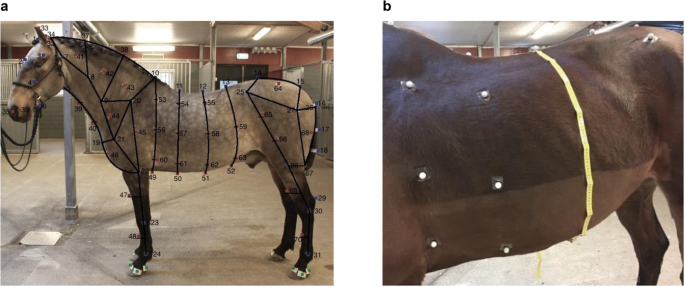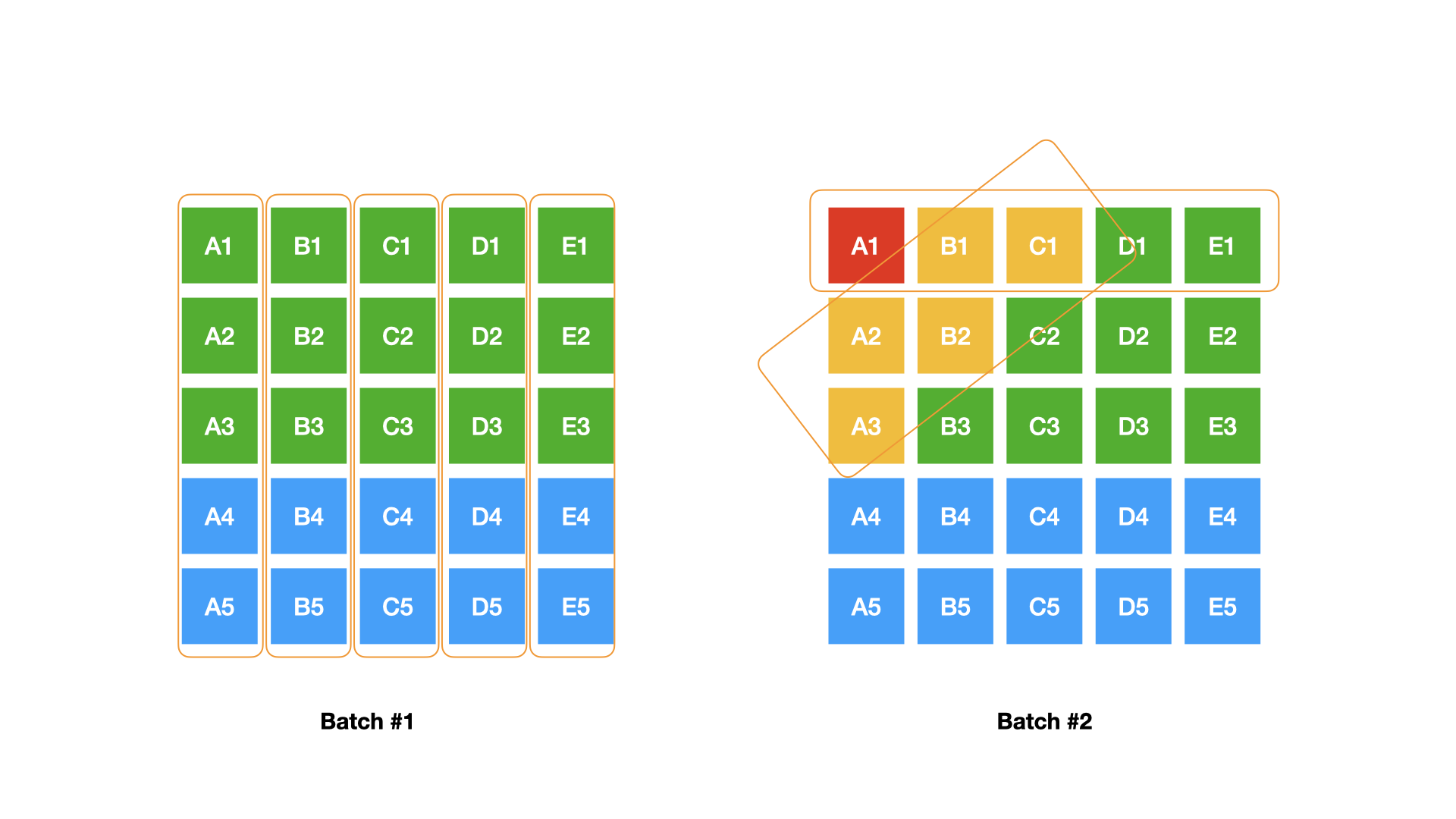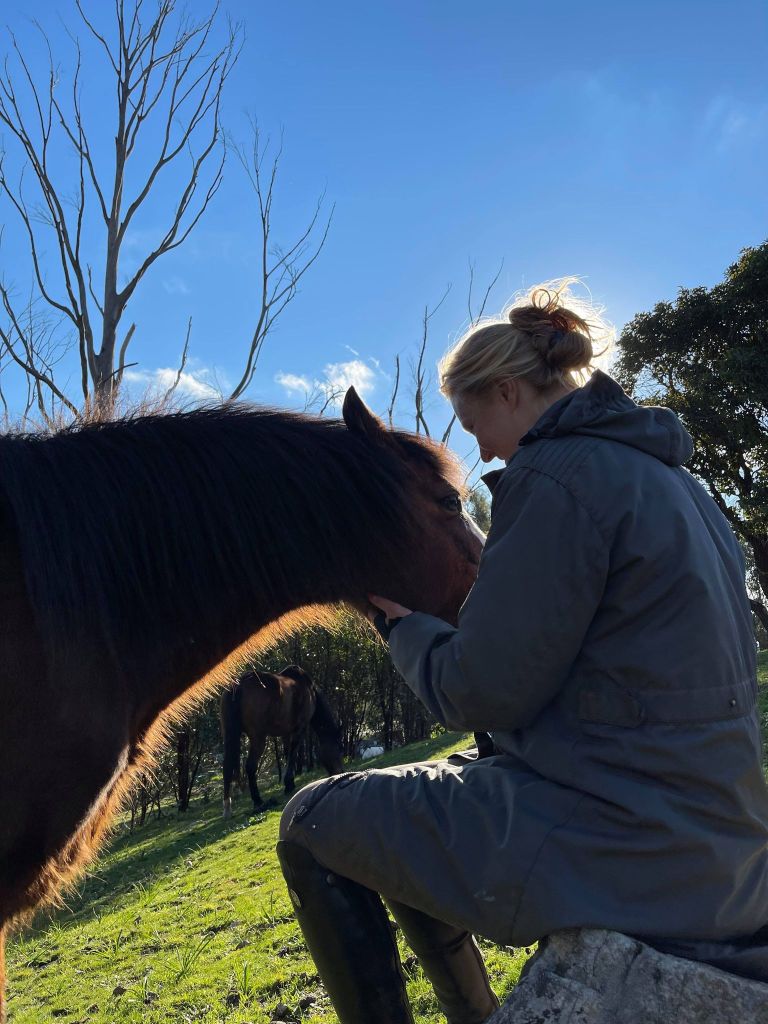Horse Intelligence: Problem-Solving and Learning Abilities

Horses are often admired not just for their beauty and strength but also for their remarkable intelligence. Understanding horse intelligence involves exploring their problem-solving skills and learning capabilities, which reveal how these animals interact with their environment and humans.
Cognitive Skills in Horses

Horses possess a range of cognitive abilities that enable them to process information, make decisions, and adapt to new situations. Their intelligence is demonstrated through memory, attention, and the ability to understand cause and effect.
- Memory: Horses have excellent long-term memory, especially for recognizing people, places, and routines.
- Attention: They can focus on tasks and stimuli, which is crucial for learning and problem-solving.
- Cause and Effect Understanding: Horses can learn that certain actions lead to specific outcomes, a fundamental aspect of problem-solving.
Problem-Solving Abilities
Horses exhibit problem-solving skills in various contexts, such as navigating obstacles, finding food, or escaping confinement. These abilities highlight their capacity for critical thinking and adaptability.
- Obstacle Navigation: Horses can figure out how to maneuver around or over barriers to reach a goal.
- Tool Use: While rare, some horses have been observed using objects in their environment to achieve a desired result.
- Escape Behavior: Horses often learn to open gates or doors, demonstrating an understanding of mechanisms and sequences.
Learning Types in Horses
Horses learn through different methods, each contributing to their overall intelligence and trainability.
- Habituation: Becoming accustomed to a stimulus after repeated exposure, reducing fear or reaction.
- Classical Conditioning: Associating a neutral stimulus with a significant one, like a sound signaling feeding time.
- Operant Conditioning: Learning through consequences, where behaviors are shaped by rewards or punishments.
- Social Learning: Observing and imitating other horses or humans.
Studying Horse Intelligence
Researchers use various tests and observations to assess horse intelligence, including problem-solving tasks, memory tests, and behavioral studies. These studies help improve training methods and enhance horse welfare.
Practical Applications
Understanding horse intelligence benefits trainers, riders, and caretakers by:
- Developing effective training programs tailored to horses’ cognitive strengths.
- Enhancing communication between humans and horses.
- Improving welfare by recognizing signs of stress or boredom linked to cognitive needs.
FAQ
Q: Can horses solve complex problems?
A: Yes, horses can solve problems that involve understanding cause and effect, such as opening gates or navigating obstacles.
Q: How do horses learn best?
A: Horses learn best through consistent, positive reinforcement and by observing others, which helps them grasp new behaviors quickly.
Q: Do horses remember people?
A: Absolutely, horses have strong long-term memory and can recognize individuals even after long periods.
Q: Are all horses equally intelligent?
A: Intelligence can vary among individual horses, influenced by breed, environment, and experiences.
This detailed overview highlights the impressive cognitive world of horses, showcasing their problem-solving and learning abilities that make them such fascinating companions.
